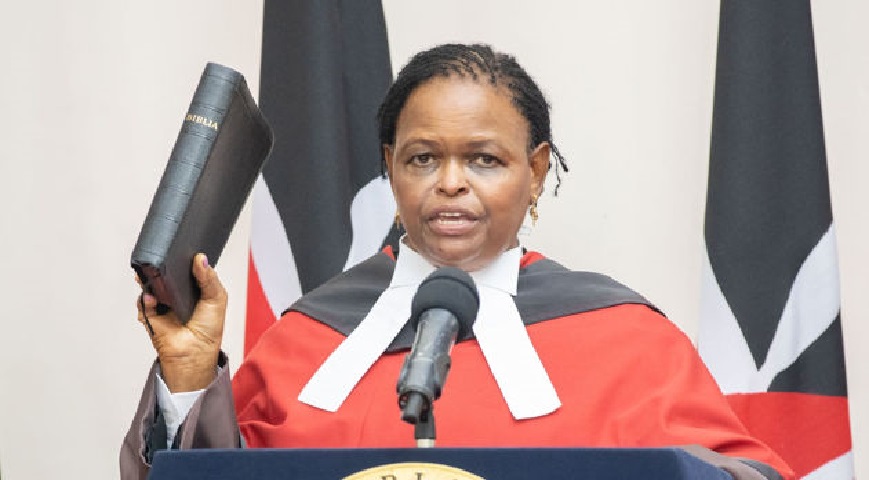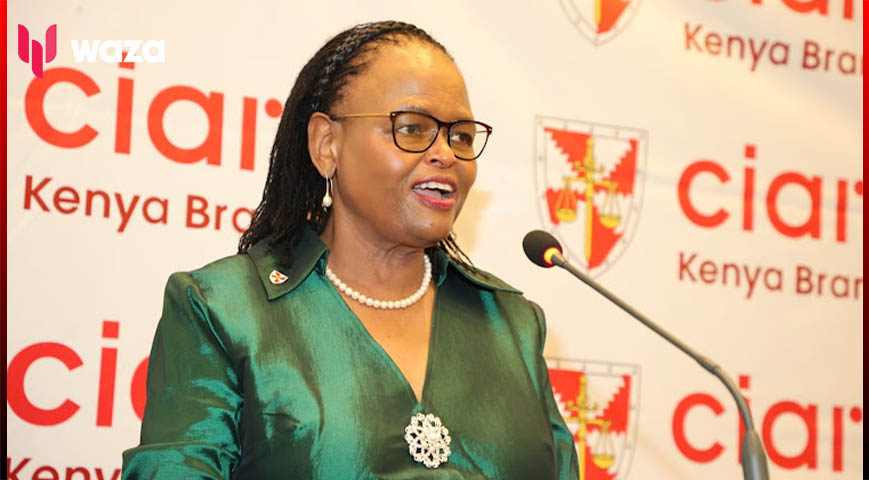Chief Justice Martha Koome has strongly criticized her detractors, accusing them of employing various tactics in an attempt to force her out of office. Speaking at the inaugural High Court Human Rights Summit in Nairobi, Koome revealed she has frequently been a target of cyberbullying.
The Chief Justice described the online harassment as a form of technologically facilitated gender-based violence, noting that while some engage in it as a business, she remains unclear about their ultimate objectives.
“If their goal is to intimidate me, distract me from fulfilling my mandate, or push me to resign, they should know that I am not going anywhere,” Koome asserted. She condemned the acts but refrained from naming specific individuals or groups behind the campaigns.
Koome’s remarks come amid sustained criticism of the judiciary from various quarters, including prominent lawyers and human rights organizations. Despite these challenges, she reaffirmed the judiciary’s unwavering commitment to combating corruption, which she said has deeply infiltrated the fabric of society.

Did you read this?
“Corruption is a vice that must be addressed, even though those benefiting from it often fight back. Despite the existential threats and underfunding the judiciary faces, we remain dedicated to serving the people of Kenya,” Koome stated.
She emphasized the judiciary’s crucial role in safeguarding society from corrupt practices and reiterated its commitment to upholding the rights of all citizens. Highlighting the High Court’s interventions during the Gen Z protests, Koome praised the judiciary for striking a delicate balance between law enforcement and the constitutional right to peaceful protest.
“The High Court’s accountability of law enforcement and protection of citizens’ rights underscores the judiciary’s role as a robust defender of democracy and fundamental freedoms,” she said. Koome also commended the proactive application of the right to habeas corpus, particularly in cases of enforced disappearances and extrajudicial actions, where courts have held law enforcement agencies accountable for unlawful detentions.









